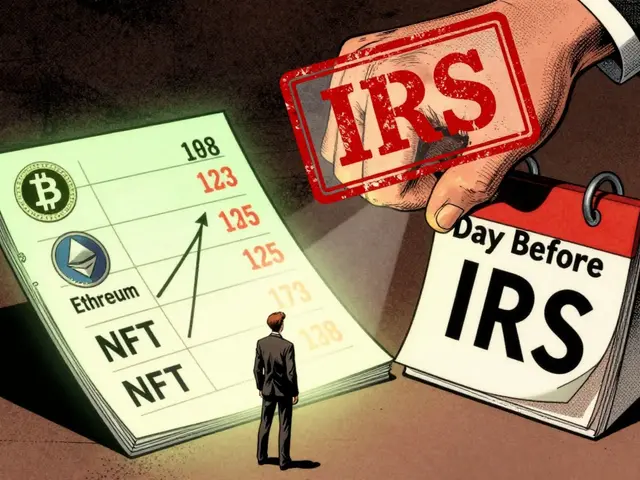Crypto Exchange Compliance: What You Need to Know
When working with crypto exchange compliance, the set of rules, procedures, and documentation that crypto platforms must follow to meet legal and security standards. Also known as exchange regulatory compliance, it helps protect users, prevent fraud, and keep regulators happy.
crypto exchange compliance encompasses a wide range of activities, but three pillars stand out. First, VASP licensing, a legal framework that forces virtual‑asset service providers to obtain a license, meet capital requirements, and file regular reports sets the baseline for any serious platform. Without a proper VASP license, an exchange can be shut down by authorities the moment it crosses a regulatory line. Second, AML/KYC, anti‑money‑laundering and know‑your‑customer processes that verify user identity and monitor suspicious transactions form the day‑to‑day shield against illicit activity. Finally, the threat of crypto money laundering penalties, harsh fines and prison terms that governments impose when exchanges fail to report illegal flows forces firms to stay vigilant.
These three pillars don’t exist in isolation. Crypto exchange compliance requires VASP licensing because a licensed provider is legally obligated to run AML/KYC checks. In turn, robust AML/KYC programs reduce the risk of triggering money‑laundering penalties, which can reach twenty years in prison in some jurisdictions. The relationship is clear: a solid licensing foundation enables effective monitoring, and effective monitoring keeps penalties at bay.
Regulatory bans add another layer to the puzzle. Countries like Algeria, which moved from vague restrictions in 2018 to a full cryptocurrency prohibition in 2025 force exchanges to adapt quickly or lose market access. Nigeria’s experience shows a different side: a 2021‑2023 ban pushed crypto trading underground, creating a vibrant P2P market but also exposing users to fraud. These examples illustrate how regulatory bans, government actions that restrict or forbid crypto activities influence compliance strategies, pushing firms to build resilient systems that can survive sudden legal shifts.
What’s Inside the Collection
Below you’ll find a curated set of articles that dig deeper into each of these areas. We cover Nigeria’s underground crypto economy, the harsh sentencing guidelines for money‑laundering, step‑by‑step VASP licensing guides, and analysis of major regulatory bans. Whether you’re a newbie trying to understand the basics or a seasoned trader looking for compliance hacks, the posts below give practical tips, real‑world examples, and clear explanations to help you stay on the right side of the law.






